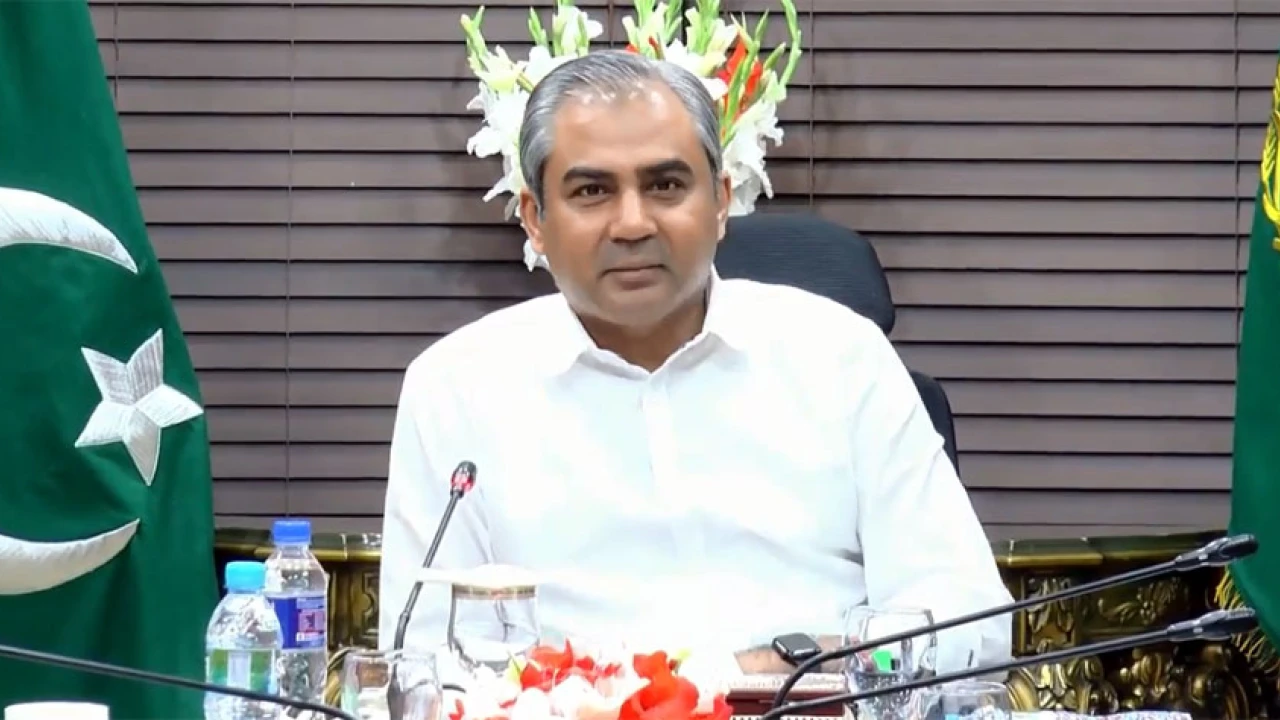As one of the three branches of government, the legislature is in charge of the making of laws for a state, wherein these laws are known as primary legislation. Moreover, this branch may also observe and steer governing actions, with the authority to amend the state’s budget. The legislative branch can be divided or singular. Usually, it is divided into two or remains as one house, which is also known as bicameral and unicameral, respectively.
Pakistan operates through a bicameral federal legislature, comprising the Senate as the upper house and the National Assembly as the lower house. According to the constitution of Pakistan, the president is also a component of the Parliament.
These bodies, known as assemblies, congresses, senates, or parliaments, serve a number of functions.
One of their primary functions is that representation. This representation can be formalistic, which is, how the branch chooses to represent its constituents. This is tied with symbolic representation, which is also known as how the constituents perceive this representation. Moreover, the representation is substantiated by how well the branch can fulfill the needs of its constituents. Descriptive representation refers to the matching of the state’s demographic to the legislative body. Finally, the representation is measured in how well the legislature can fulfill the needs of the state and its society as a whole.
Another major function is that of deliberation. In simple terms, this is the manner in which the legislature debates the issues of importance. As an example, the legislature in Pakistan extensively debated the budget for the fiscal year 2021-2022, with an estimated 100 hours of debate within the National Assembly. This excludes those debates which took place in the Senate or other steering committees. As such, authorizing expenditures is one of the functions of the legislature.
Moreover, this would extend into matters such as the prices and taxes on essential goods – another matter which has often been brought up in the lower and upper houses of Parliament due to the rising inflation. Another matter discussed extensively within Pakistan’s houses was the FAFT Bill, and how it may or may not meet its requirements, ordinances issued by the president, such as the ones regarding media and the islands near Sindh, laws pertaining to rape victims, and more.
Legislature offers strength to the government and empowers it. The best example of this is not in the nuances of how one must be a senator to be a minister or not (vis-à-vis the ineligibility of former finance minister Hafeez Shaikh), nor in the needed majority to get a bill passed, but in the fact that then Prime Minister Imran Khan was pushed into taking a vote of confidence by the legislature after Yousaf Raza Gilani, the then joint candidate of the opposition alliance, was elected to the general seat in the Senate instead of the PTI candidate.
In fact, votes of confidence are one of the ways in which the legislature can hold the government accountable for its actions, alongside other methods such as questioning and interpellations.
Within Pakistan, the National Assembly, empowered by the Federal Legislative list, makes laws in respect of the powers enumerated in the list.
The NA helps check the executive and ensures the protection of rights through its debates, adjournments, and committees. As an example, the Public Accounts Committee examines public spending and exercises control of expenditure incurred by the government.
While the seats in the lower house are based on the population of the provinces, the upper house allows for equal representation in all districts. In this regard, the Senate plays a role in promoting national cohesion and harmony as well as alleviating fears of the smaller provinces regarding domination by any one province because of the potential majority position held by one of the larger provinces.
















